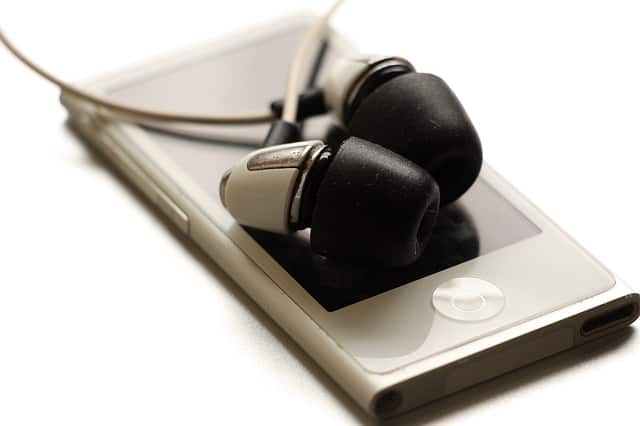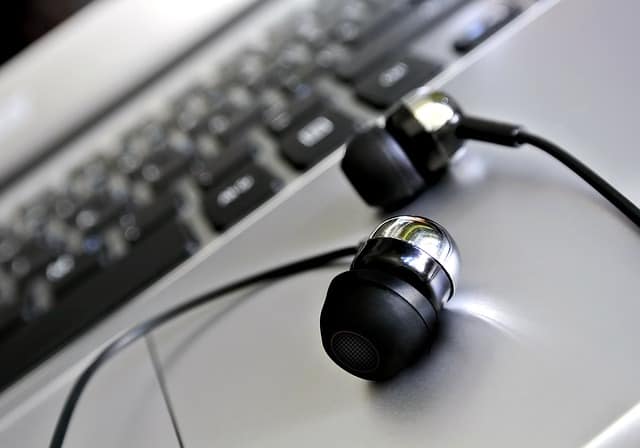At some point in the mid-2000s, it looked certain that we would forever be collecting a song after another one by one throughout infinity. It was getting faster with Internet connections, there was more storage capacity for hard drives, songs were getting easier to find and better yet at cheaper prices if not free as well.

With each year, the iPod by Apple formerly unleashed in 2001 continued to hold multiple songs; and for all music fans, the trend was now not just imaginable but slowly unfolding before them. The dream of one day taking our songs with us as carried in the pocket by millions was becoming a near future reality. It began with the sharp drop in digital song sales and subsequent digital albums. Fans are shifting their focus to ad-supported, free and paid subscription provisions which provide instant access to massive song collections and libraries that would make an iPod user’s dream appear quite tame.
The music streaming era has dawned upon us with Apple among the biggest inspirers. With a well equipped iTunes platform which Apple boosted by acquiring a subscription service known as Beats Music, streaming is set to dominate the industry quite perfect. Transition to Apple establishing the subscription services will definitely further speed up the download of single songs and the biggest loser will be music store regarded as the world’s largest, iTunes. The entry of Apple into the overall market is not to show the readiness of the world to receive streaming music but is rather proof that transition has already commenced. Money (especially from royalties) is a major component in the recording industry survival. Nonetheless, streaming has further brought in new queries: In moving toward embracing the trend, music streaming resolves a long-standing issue of contention: ownership.
Over a 30 year transformation, the question still remains, “Do the listeners own their purchased music?” a question that got murkier over the long time span. Thirty years ago, this wasn’t a question. Purchasing vinyl records meant you would listen to your favorite until you wore it out, locked it away or even finally got to your senses and snapped the discs in half. Remember CDs? Of course, everyone living in this era does! As stakeholders would have it, sharing of CD content to the audience was illegal.
If you were formerly able to strip songs off their physical home and make copies, this control simply seemed to signify ownership. The brave fight put up by recording forms against this particular principle came in various provisions among them advertising campaigns, management software for digital rights, lawsuits and even threats as well. The argument was that even on the purchase of a song or an album; you were not necessarily purchasing it but rather acquiring the right of listening to it. Nonetheless, with the invention and advancement of the technology, every question the stakeholders asked, technology seemed to have a counter-argument. MP3 are among those inventions. Streaming nonetheless comes in and revives the initial rule: you listen, and then license at the same time.
Each time you click on a song from a service like Spotify or Pandora, at the moment you are listening, you are licensing the standard listening right at that particular moment notwithstanding whether you are sitting through ads or paying for a subscription. Whenever you need to listen, you subsequently license. In a nutshell: The optimum potential of streaming services remains untamed and boundless. We are currently at that moment of divide relative to streaming music.
Every fan of music is exploiting the speedily developing service and technology landscape that’s redefining the music we have and further growing our interaction with artists’ and music in a manner that was previously impossible. No format stays alive forever. Whether it is the LP, the CD, the cassettes or even the MP3, they all held the spotlight at some point later ceded to technological developments. With streaming services, the industry can establish an ecosystem that is sustainable which inspires the flourishing and succeeding of artists and also offers a refreshed listening experience to many audiences.





